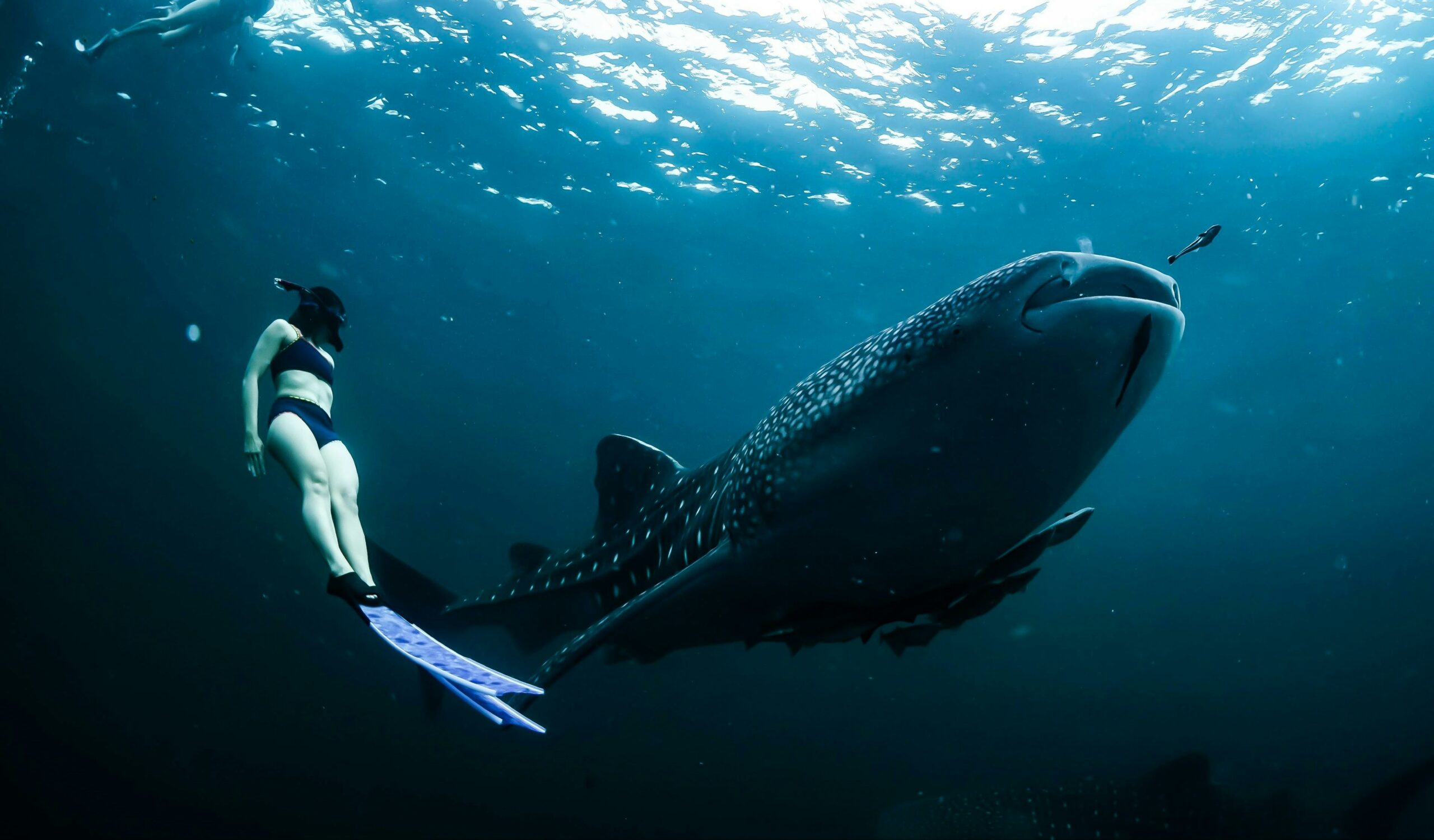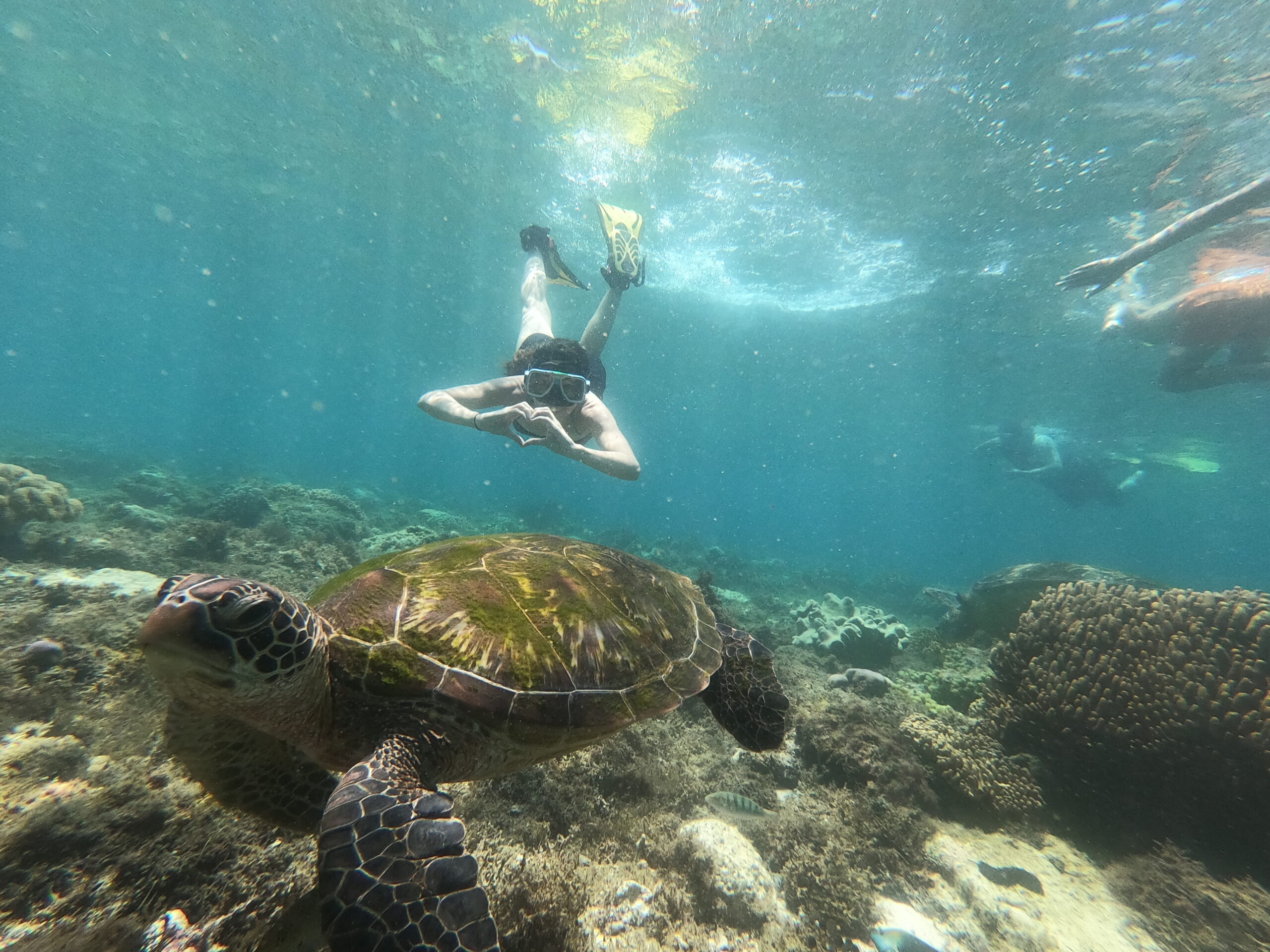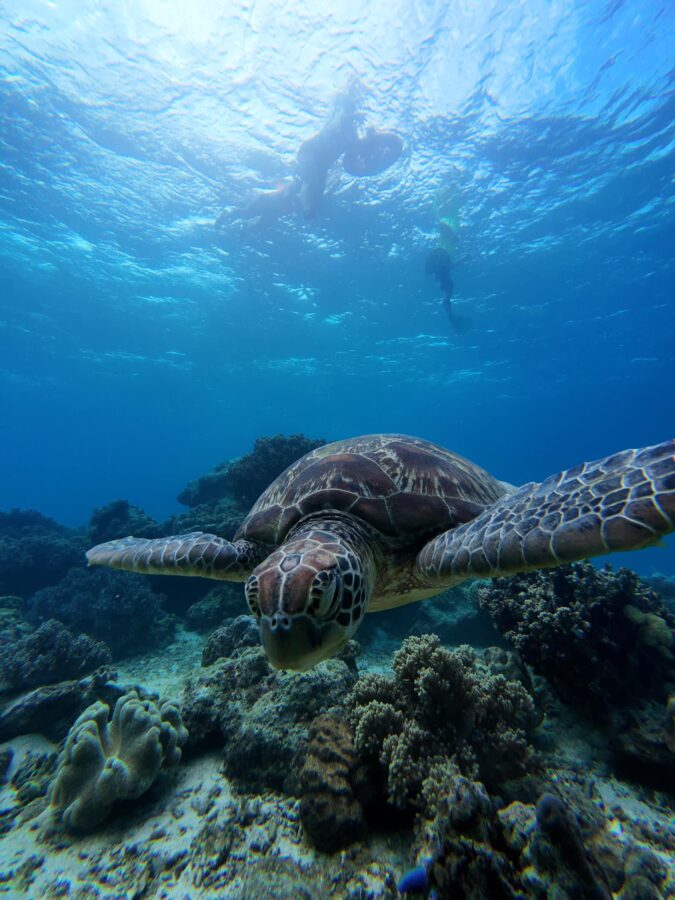A Glorious Recognition: The 2024 World Travel Awards
The World Travel Awards (WTA) represent a significant accolade in the global tourism industry, honoring excellence across various travel sectors. Established in 1993, the awards are recognized worldwide as a benchmark for quality in the travel and tourism sector. As one of the most esteemed award programs, the WTA acknowledges outstanding contributions of tourism organizations and destinations, with winners determined through a rigorous voting process that includes industry professionals and travelers alike.
Being named the World’s Leading Dive Destination in 2024 is a prestigious recognition for the Philippines, underscoring its exceptional underwater environments and diverse marine biodiversity. The competition is fierce, with several countries vying for this coveted title, each showcasing their unique diving spots and ecosystems. Evaluation criteria encompass various factors such as the quality of dive sites, the availability of diving services, safety standards, and overall visitor satisfaction. This multifaceted approach ensures that only the most deserving locations ascend to the top.
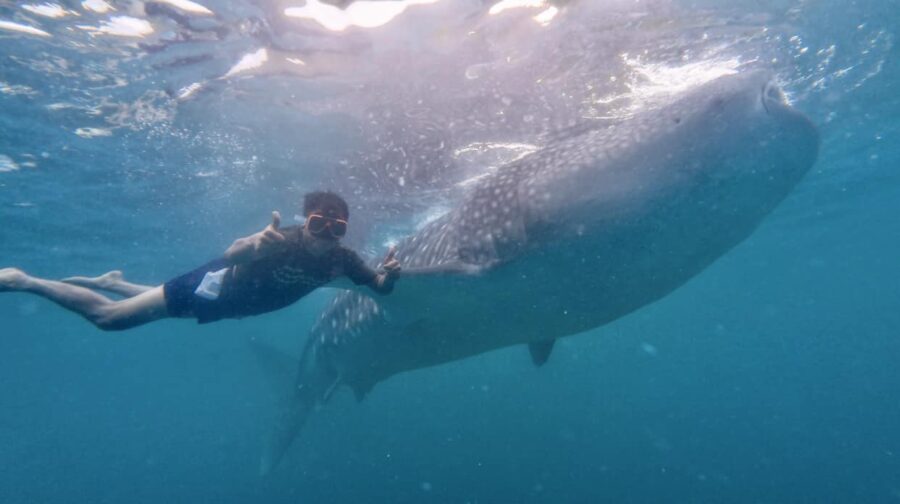
This recognition can have a profound impact on tourism in the Philippines. It not only enhances the country’s reputation on a global scale but also encourages an influx of divers and water sports enthusiasts eager to explore its renowned diving offerings. This increase in tourist arrivals can lead to substantial economic benefits, including job creation and sustainable development within local communities reliant on tourism as a primary source of income.
Furthermore, this award serves as an impetus for continued investment in preserving the rich marine ecosystems. Awareness generated from such accolades motivates stakeholders to maintain ecological balance while promoting responsible diving practices. The Philippines’ recognition as a premier dive destination is a testament to its ongoing commitment to environmental sustainability and tourism excellence.
Showcasing the Rich Marine Biodiversity of the Philippines
The Philippines is often regarded as one of the premier dive destinations globally, thanks largely to its remarkable marine biodiversity. Comprising over 7,000 islands, the archipelago is nestled within the Coral Triangle, a region recognized for its unparalleled variety of coral and fish species. The vibrant marine ecosystems found here serve as a testament to the ecological richness that the Philippines offers, attracting divers from all over the globe.
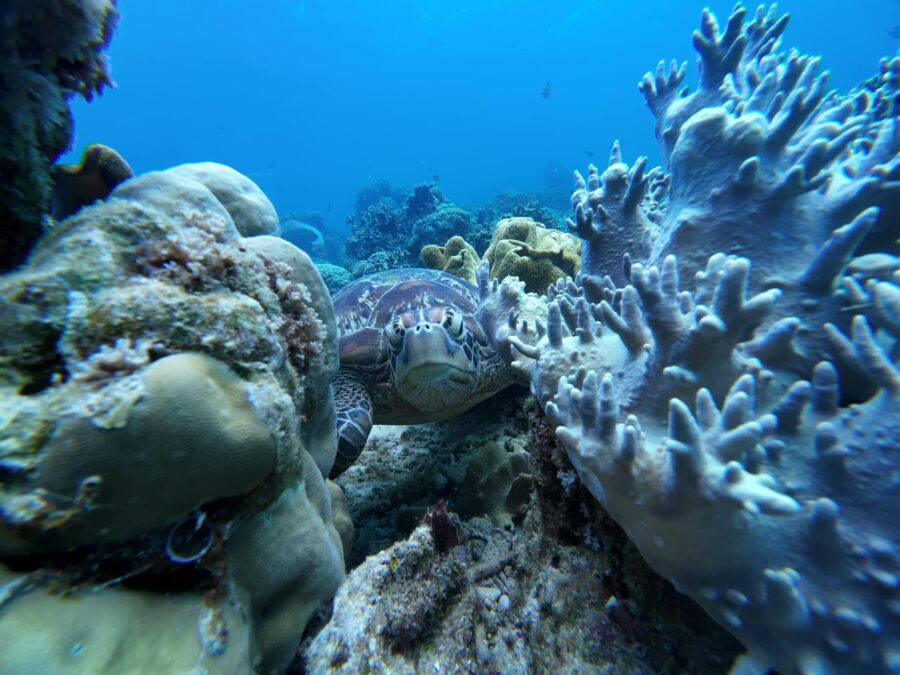
One of the most extraordinary aspects of diving in the Philippines is the diverse array of marine life that can be encountered. From the colorful clownfish darting among the anemones to the majestic sea turtles gliding gracefully through the water, each dive unveils a new spectacle. Notably, the Tubbataha Reefs Natural Park stands out as a UNESCO World Heritage site, where divers can explore pristine coral reefs teeming with life. Reports indicate that this UNESCO-rated park is home to over 600 species of fish and numerous species of corals, underscoring its significance for both biodiversity and conservation efforts.
The Apo Reef, another popular dive spot, is recognized for its stunning underwater landscape and rich ecosystem. Its expansive reef system provides habitat for various marine species, including vibrant schools of jacks and barracudas that thrill divers. Nearby, the Anilao Sanctuary offers a more intimate dive experience, with macro diving opportunities showcasing the beauty of smaller marine species, such as nudibranchs and seahorses, that often go unnoticed.
Divers and marine biologists testify to the allure of these underwater environments, highlighting not only their beauty but also their crucial role in sustaining global biodiversity. Such testimonials reinforce the Philippines’ reputation as a leading destination for underwater exploration, ensuring its importance in both leisure diving and environmental conservation efforts.
The Economic and Cultural Impact of Diving Tourism
Diving tourism in the Philippines has emerged as a significant contributor to the nation’s economy, providing a multitude of benefits to local communities and businesses. As the country has been recognized as the world’s leading dive destination in 2024, the influx of international visitors has stimulated job creation within various sectors. Dive operators, marine conservationists, and hospitality personnel have seen an increase in demand, leading to sustainable employment opportunities that bolster local economies.
The growth of diving tourism also promotes the development of local businesses, from dive shops and rental services to restaurants and accommodations. These enterprises thrive on the patronage of divers eager to explore the vibrant underwater ecosystems, resulting in a positive ripple effect throughout community commerce. Moreover, the increased attention on the Philippines’ diving sites has encouraged investments in infrastructure, such as improved transportation and communication services, which further enhance the travel experience for tourists.
Beyond the economic ramifications, diving tourism plays a pivotal role in shaping the cultural landscape of local communities. Many indigenous and seaside populations have embraced diving as a means of livelihood and cultural expression. Individual stories from local divers illustrate the profound connection between the marine environment and community identity. In recent years, initiatives focused on marine conservation have gained traction, emphasizing the responsibility of diving enthusiasts to protect the delicate ecosystems they explore. Preserving biodiversity through sustainable diving practices not only ensures a thriving marine environment but also positions diving as an integral aspect of Philippine heritage.
Thus, as Philippines continues to attract diving enthusiasts from around the globe, the interplay between economic growth and cultural preservation becomes increasingly relevant. The sustainable management of diving tourism emerges as a key factor that balances economic benefits with the protection of marine resources, facilitating a vibrant future for both local communities and the environment.
Future Prospects: Sustainability in Diving Tourism
As the Philippines secures its title as the world’s leading dive destination in 2024, discussions surrounding the future of diving tourism increasingly focus on sustainability. The impact of climate change, pollution, and overfishing poses significant threats to the marine ecosystems that attract divers from around the globe. To ensure the longevity and health of these vibrant underwater paradises, it is essential to implement sustainable practices that prioritize environmental conservation alongside tourism development.
Recent years have seen a surge in awareness regarding the importance of safeguarding marine life. Several initiatives aimed at fostering ecological sustainability have been introduced. For instance, local governments and nonprofit organizations are playing pivotal roles in the establishment of marine protected areas (MPAs), which serve as safe havens for endangered species. These MPAs not only help to preserve biodiversity but also enhance the diving experience by sustaining the vibrant underwater ecosystems deemed crucial for attracting tourists.
Moreover, educating divers and tourism stakeholders about responsible diving practices contributes to minimizing human impact. Campaigns promoting the “leave no trace” ethos, responsible gear usage, and the importance of marine conservation create a collective consciousness among divers visitors. By following these guidelines, divers can enjoy the beauty of the Philippine waters without jeopardizing the wellbeing of its marine environments.
However, while strides are being made, challenges remain. Balancing the economic benefits of tourism with the need for conservation is crucial. Sustainable practices must transcend mere policies; a genuine commitment from both government and industry leaders is vital for ensuring that the Philippines continues to thrive as a premier diving destination. Collaborative efforts that unite environmental organizations, policymakers, and dive operators can lead to innovative solutions that promote responsible tourism practices.
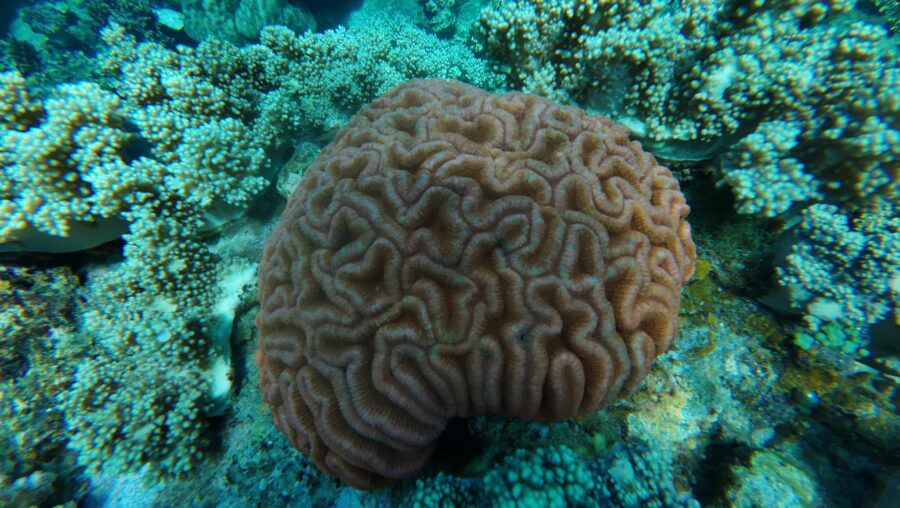
In conclusion, the future of diving tourism in the Philippines relies heavily on sustainable practices and conservation efforts. By prioritizing the health of marine ecosystems, the country can maintain its reputation as a leading dive destination, ensuring that both the environment and global tourism thrive in harmony.

